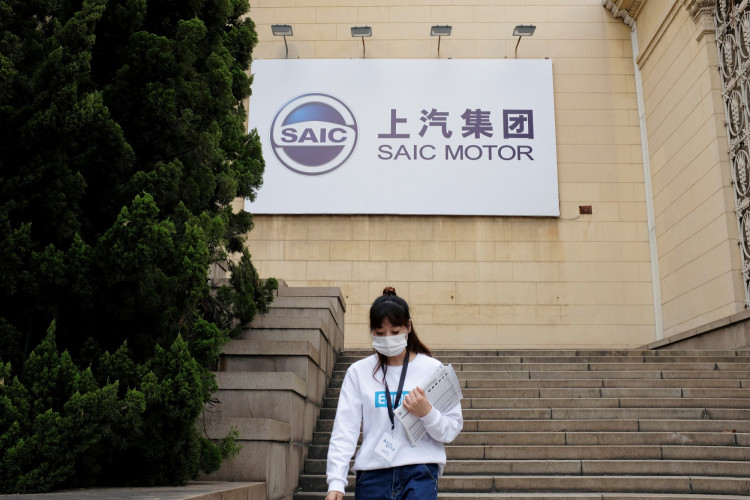China motor-vehicle manufacturer SAIC Motor Corp. Ltd. says it will sell at least 10 new hydrogen-powered vehicles over the next five years. The state-owned company said it hoped to sell at least 10,000 units of the fuel-cell vehicles by 2025.
The plan for the fuel-cell models is part of SAIC Motor's "hydrogen strategy" it announced earlier in September. While other motor-vehicle companies are selling more electric-powered models, including hybrids and battery-swappable vehicles, SAIC Motor is hoping to become a big player in the relatively underserved hydrogen-powered vehicle segment.
SAIC Motor said the strategy should also increase the market value of subsidiary Shanghai Hydrogen Propulsion Technology Co., Ltd. The company said it expects Shanghai Hydrogen's valuation to be more than 10 billion yuan once it hits the late stages of its strategic plan.
To aid in the development of its new fuel-cell vehicles, SAIC Motor is planning to establish a specialized fuel-cell research and development operations team that will have more than 1,000 staff.
SAIC Motor revealed its plans to release more fuel-cell vehicles during the launch of its all-new Maxus EUNIQ7 hydrogen-powered multipurpose vehicle. The motor-vehicle maker claims the new model is the world's first full-power direct-drive fuel cell multipurpose vehicle.
The EUNIQ7 is powered by the company's third-generation hydrogen powertrain called the PROME P390. The powertrain is capable of generating 130 kilowatts. The EUNIQ7 is equipped with a 70MPa hydrogen cylinder supply system - one of the largest capacity systems offered on a commercial vehicle.
According to SAIC Motor, its engineers have solved the common problem of low-temperature cold starts - which typically plague hydrogen-powered vehicles. It added that its new powertrain could reach normal operations at negative 30 degrees Celsius of hydrogenation.
SAIC Motor said it would try for more than 10% of China's fuel-cell-vehicle market by 2025. It also plans to become a fully independent manufacturer of fuel-cell vehicle powertrains with its own technological intellectual property rights. The company said this should allow it to become more competitive on the international stage.






